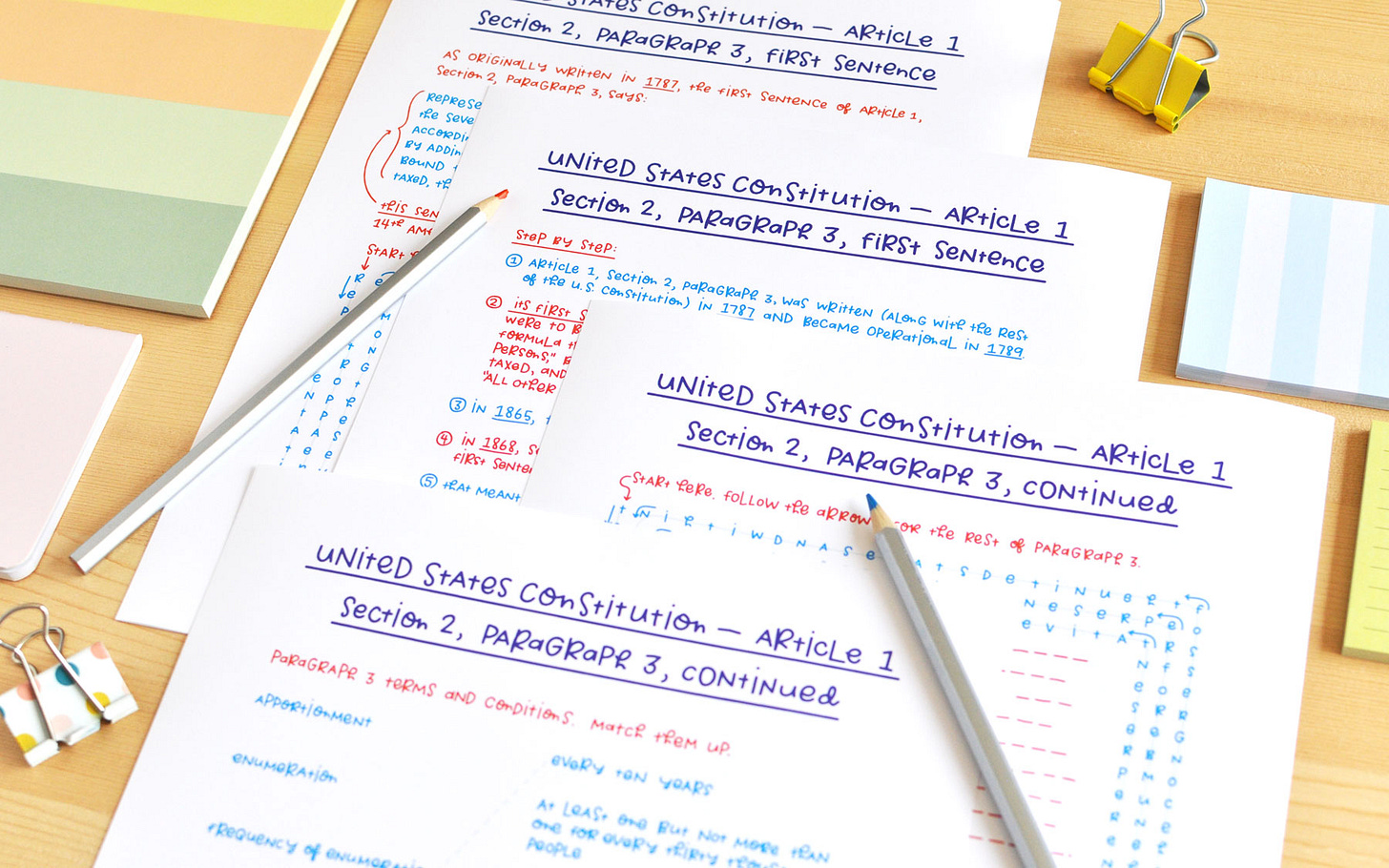The Space Between Knowing and Doing
And vice versa (which is what I actually want to talk about)
In her book, Reflective Practice, Gillie Bolton talks about the difference between espoused values and values-in-practice. The values we say we have are espoused; the values that underpin our everyday actions are values-in-practice. There is often a gap between the two, and a robust reflective practice helps us check in to see if what we do reflects the values we hold dear. Our job is to try, as much as possible, to close the gap between knowing what we value and doing what we value.
I love reading her book. I have looked to it often over the years for guidance in developing a sustainable practice. Among other reflective pursuits, I try to recognize the gaps between my ideals and my actions, and work on narrowing them as I go.
I’ve also encountered a space in the other direction, between doing and knowing — between doing the thing, whatever it may be, and subsequently knowing more or better as a result of having done it.
The more I dig into my reflective practice, for example, the more I uncover new tidbits of information, and the more difficult I find it to capture a firm view of myself among them. I keep changing, and the world keeps changing, right before my eyes. Knowing myself feels as stubbornly elusive as ever. (Gillie Bolton shares a term for this, too: the swampy lowlands, credited to Donald Schon, another giant in the study of reflective practice.)
You won’t be surprised to hear that I find parallels in my current project.
The more I read the U.S. Constitution, the more questions I have about how to make sense of it.
Recently, one paragraph took four pages to sort through, and there are so many more paragraphs to come. I worry that by the time I get to the end, I won’t be able to see it as a whole or appreciate which parts belong where. I worry that reading it won’t help me cross the gulf to knowing it.
Which is possible, I suppose. But I’m not inclined to give in to the worry. (At least not yet.)
I’ve already made progress in some areas:
At first, I wasn’t sure how I’d approach parts that have been impacted or superseded by Amendments, but now I feel more confident weaving in pertinent aspects without losing track of the section I’m reading.
At the pace I’m going, I’m realizing how very long this is going to take, but I’m learning that I’m okay with that.
I’m discovering all the different ways I can think and talk about this adventure in applied journaling, including reading and asking questions about the text, creating colourful pages based on what I’m learning, and looking for insights both within the project and beyond it.
I think that’s the key for now — focusing on what I do know instead of what I don’t. (This sentence seems so obvious! But sometimes I don’t see the obvious until I write it all down.)
A closing thought for your journal:
What’s one thing in your world that isn’t as clear or certain as you’d like it to be? What’s one thing that’s been helpful for finding clarity or managing the uncertainty? What’s one part that is clear or certain?




I asked on your blog if you were continuing this, now I know! This is a really nice reflection on an idea, thanks for that too!